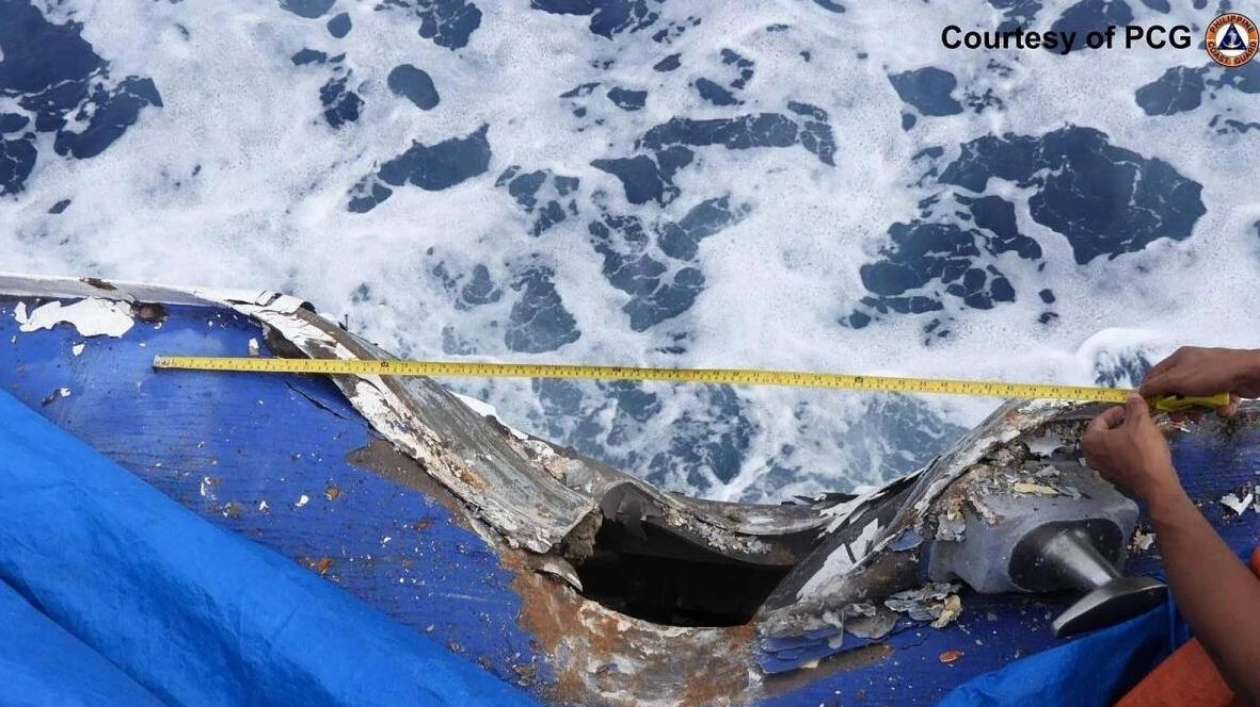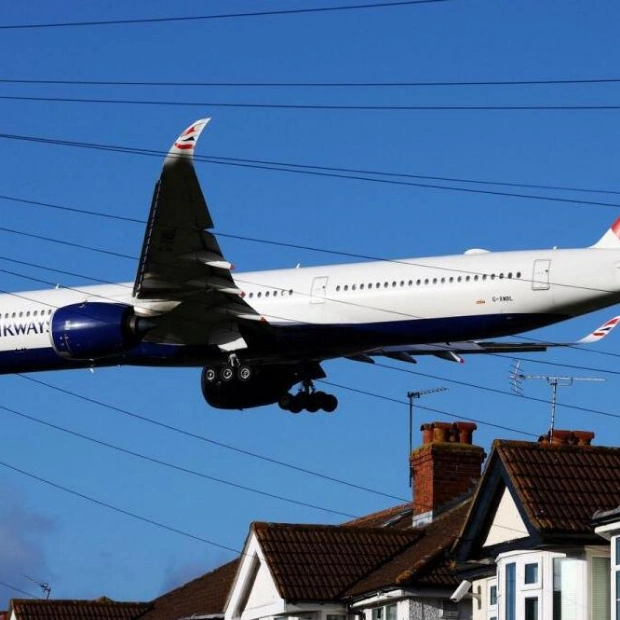The Philippines and China each accused the other on Monday of ramming vessels and conducting hazardous maneuvers in the South China Sea, marking the latest escalation after both countries had agreed to attempt to reduce tensions and manage maritime disagreements. China's Coast Guard stated that a Philippine vessel, after disregarding repeated warnings, intentionally collided with a Chinese vessel in an "unprofessional and dangerous" manner in the disputed waters early Monday. The Philippines, however, contested Beijing's narrative and accused it of "imposing its version of facts." It reported that two of its coast guard vessels faced "unlawful and aggressive maneuvers" from Chinese vessels near Sabina Shoal while en route to supply Filipino personnel stationed on two occupied islands. "These dangerous maneuvers led to collisions, causing structural damage to both Philippine Coast Guard (PCG) vessels," said Jonathan Malaya, a spokesperson for the national security council and Manila's South China Sea task force.
The United States condemned China's actions, with its ambassador to Manila, MaryKay Carlson, stating on platform X that the US "stands with the Philippines in condemning the China Coast Guard's dangerous maneuvers" which jeopardized lives and damaged coast guard vessels. Manila reported that coast guard vessels Cape Engano and Bagacay were on their way to resupply personnel stationed on Flat Island, known as Patag by Manila, and Lawak Island, called Nanshan by China, when the confrontation occurred near Sabina Shoal. A collision took place between Cape Engano and a Chinese coast guard ship at around 3:24 am on Monday, according to Manila. Approximately 16 minutes later, a Chinese coast guard ship rammed Manila's guard vessel Bagacay twice, inflicting a 3-foot-wide hole in its auxiliary room, as per Philippine officials and images shared by the PCG.
The Chinese Coast Guard released a short video of the incident, showing what it claimed was a Philippine coast guard ship "deliberately ramming" one of their vessels. Malaya described the video as misleading. China's maritime security stated that the same Philippine vessel involved in the collision then entered waters near Second Thomas Shoal after being barred from entering Sabina Shoal waters. Sabina Shoal is part of the Spratly Islands, claimed by China, the Philippines, Taiwan, and Vietnam. China Coast Guard spokesperson Gan Yu stated that two Philippine Coast Guard vessels "illegally intruded" into waters adjacent to Sabina Shoal without permission in the early hours on Monday. "The Philippines has repeatedly provoked and caused trouble, violating the temporary arrangements between China and the Philippines," Gan said, referring to Philippines' supply missions to a vessel grounded on Second Thomas Shoal.
China's Coast Guard stated it took legal control measures against the Philippine ships in the early Monday incidents and warned the Philippines to "immediately stop infringement and provocation" or "bear all consequences." The Philippine task force reported that both of its vessels would continue with their mission to supply personnel on Flat Island. "The National Task Force for the West Philippine Sea urges restraint and adherence to the United Nations Convention on the Law of the Sea and other relevant international laws to prevent further escalations and ensure the safety of all vessels operating in the region," it said. The Philippine military's spokesperson condemned China's actions and vowed to ensure that soldiers stationed at the occupied islands would "receive the necessary supplies and support to carry out their duties." The incident occurred less than two weeks after an air incident between the Chinese and Philippines militaries in Scarborough Shoal. The Philippines expressed "disappointment" with the latest maritime encounter, which followed a provisional agreement with China in July over its resupply missions to Second Thomas Shoal. China has faced sharp criticism from Western nations for aggressively blocking Philippine efforts to resupply troops aboard a navy ship it intentionally grounded 25 years ago. Beijing claims almost all of the South China Sea, including both shoals, rejecting a 2016 ruling by the Permanent Court of Arbitration in The Hague that Beijing's expansive claims had no basis under international law.






